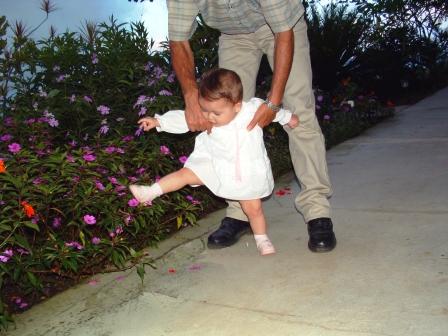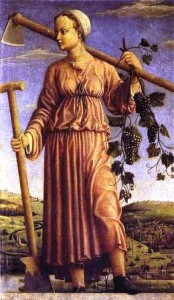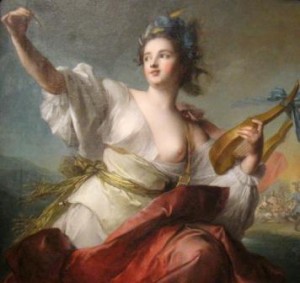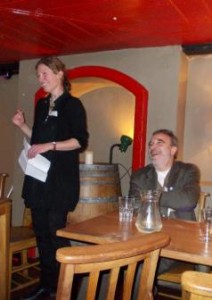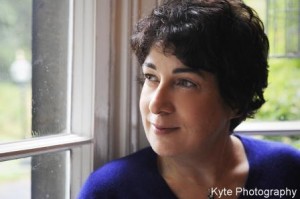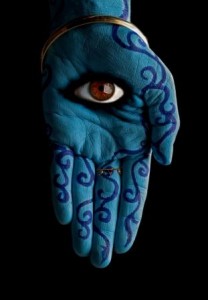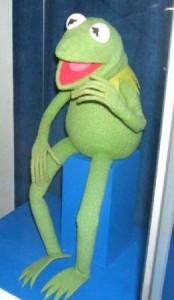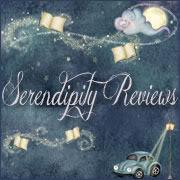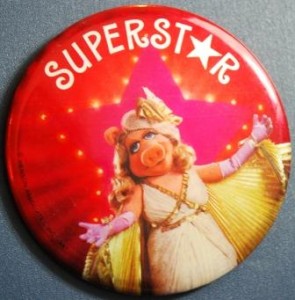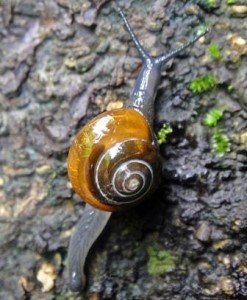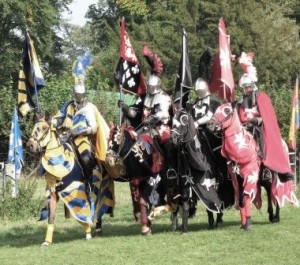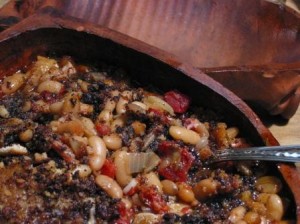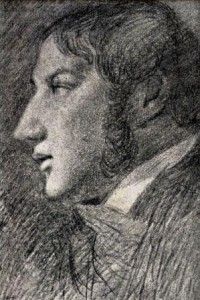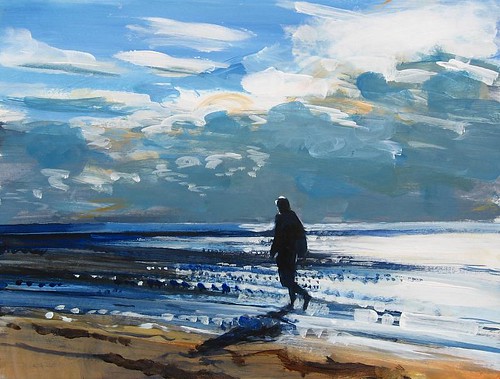
Study by David Pott
After over six weeks of lying in a metaphorical drawer, I am looking at one of my scripts. The frenzy that was NaNoWriMo certainly meant I wasn’t thinking about it during that period, and I am now able to look at it with some detachment.
I can see the sparse clearings and the lush dells; engage with the inhabitants I had grown to love, and generally see the wood for the trees.
There will have to be felling of some parts – and some judicious pruning. I may have to sacrifice some sub-plots I had lovingly tended to make the whole thing healthier and stronger – like a fire-break has to be cut through the forest at times. And even the best and sternest of lumberjacks needs help, I expect.
I had hoped that my MA ( can it really be two years ago?) would equip me to edit better. I think I am a slow learner at times – or just plain inexperienced. So I am buying help in. There’s a small, whiny, possibly egotistical voice, says that this is failure.
This book – if it ever gets published – may well end up costing me more than I could ever earn from it. Nonetheless, I have learned a great deal. If nothing else, tremendous respect for those whose work is good enough to be published – and in some cases, downright awe.
I do hope I can get the best out of the advice. That I can sit on my ego – hard. That I can find the humility to accept what is said in the spirit it is meant – and the self-confidence to argue my point when I really have one.
I’ve read my story again – and I can honestly say, some of it is good. Now I need help to make it better.



